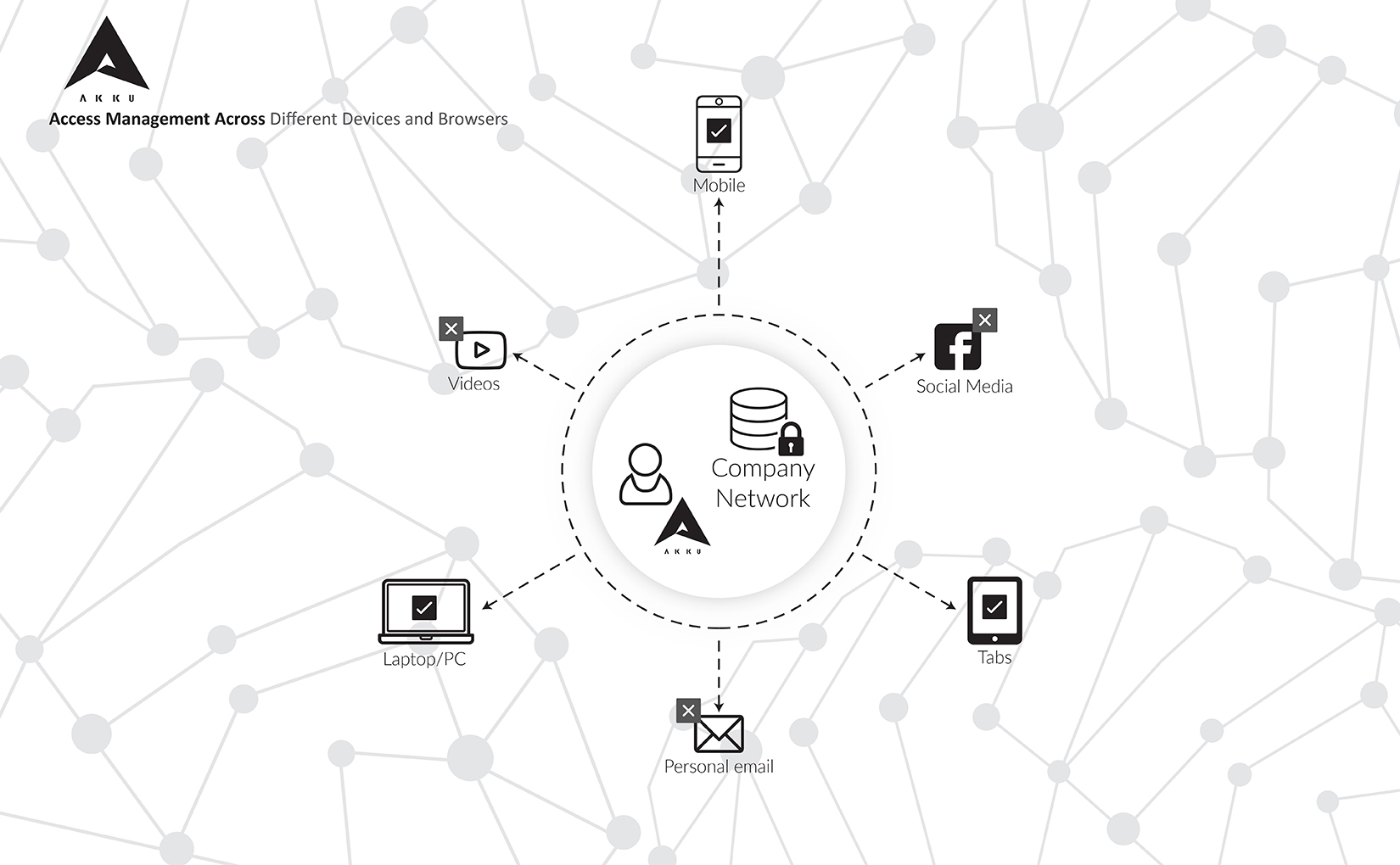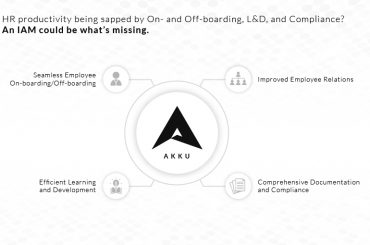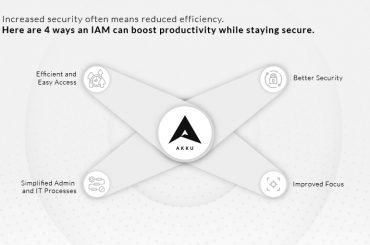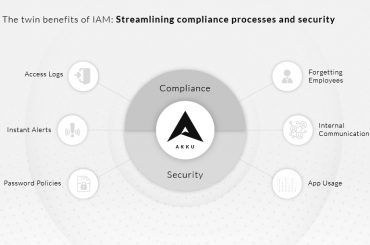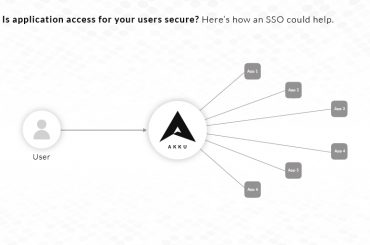In today’s technology ecosystem, a strong foundation for authorization plays an important role in the overall data security of a company. Controlling each user’s access to data, and monitoring this across devices and browsers is essential to your enterprise’s security.
Implementing a strong device policy is an integral aspect of data security
With a strong device policy in place, it is possible to exercise highly granular control over which of the company’s applications, information, and data your employees can access– through the company’s devices, as well as through their personal devices.
A device policy limits each user’s access to select applications depending on the scope of his or her role, and therefore protect your business interests against security threats from unauthorized access.
With device-based restrictions in place, you prevent access to sensitive data from systems outside the purview of the company. Even if a company’s data is accessed from a point external to the system’s network, only company-owned devices are allowed access. The overall system of security is strengthened by authorizing access solely to officially recognized and registered devices.
Content filtering is a vital function of an effective access management system
Productivity is significantly diminished when employees put aside tasks and browse irrelevant websites instead. Spending too much time on YouTube or in checking personal emails is detrimental to the work ethic of any enterprise.
Moreover, accessing unauthorized content at the workplace can become a genuine threat if it results in compliance violations or security breaches. In such situations, a strong content filtering system is vital to the integrity of the enterprise’s data.
A strong firewall protects your system, implementing certain browsing restrictions for the user; however, this only works to your advantage when the user is within the enterprise’s network. What is to be done when an employee uses a company device from a different location?
The function of maintaining a strong website filtering system is an important component of access management; when in place, tight website access control and monitoring can be enabled for all the enterprise’s devices, regardless of the access location. Responses to internet searches can be intercepted by the website filter, with only whitelisted pages being allowed to be loaded on the browser.
A strong website filtering system ensures that there is a high level of compliance and work ethic in the enterprise.
Users signing into personal accounts can result in security threats
Personal email accounts are often not equipped with advanced spam filters, unlike corporate user accounts. When an employee’s personal account is accessed, there is an inherent danger of exposing the network and sensitive data to security threats and breaches. Blocking access to personal email accounts at the workplace can, in certain cases, prove to be greatly beneficial for the security of the enterprise.
A solution for access management across devices and browsers should be dynamic and flexible
In today’s dynamic business world, for your company to be completely secure, free of data breaches and threats, your access management solution needs to implement the company’s policy across devices and browsers. Company devices are sometimes used by employees from locations outside the network, and of course, each employees’ browsing access cannot be personally controlled by an admin.
CloudNow’s Akku enables you to implement device-based restrictions with ease; with its strong website filtering functionality, you maintain website access control for all company devices, even when the access point is external to the network. HTTP headers of every mail in the flow of email traffic can be intercepted, enabling the company to limit access to whitelisted domains.
To find out more about this comprehensive solution that strengthens the access management system of your enterprise, get in touch with us!

